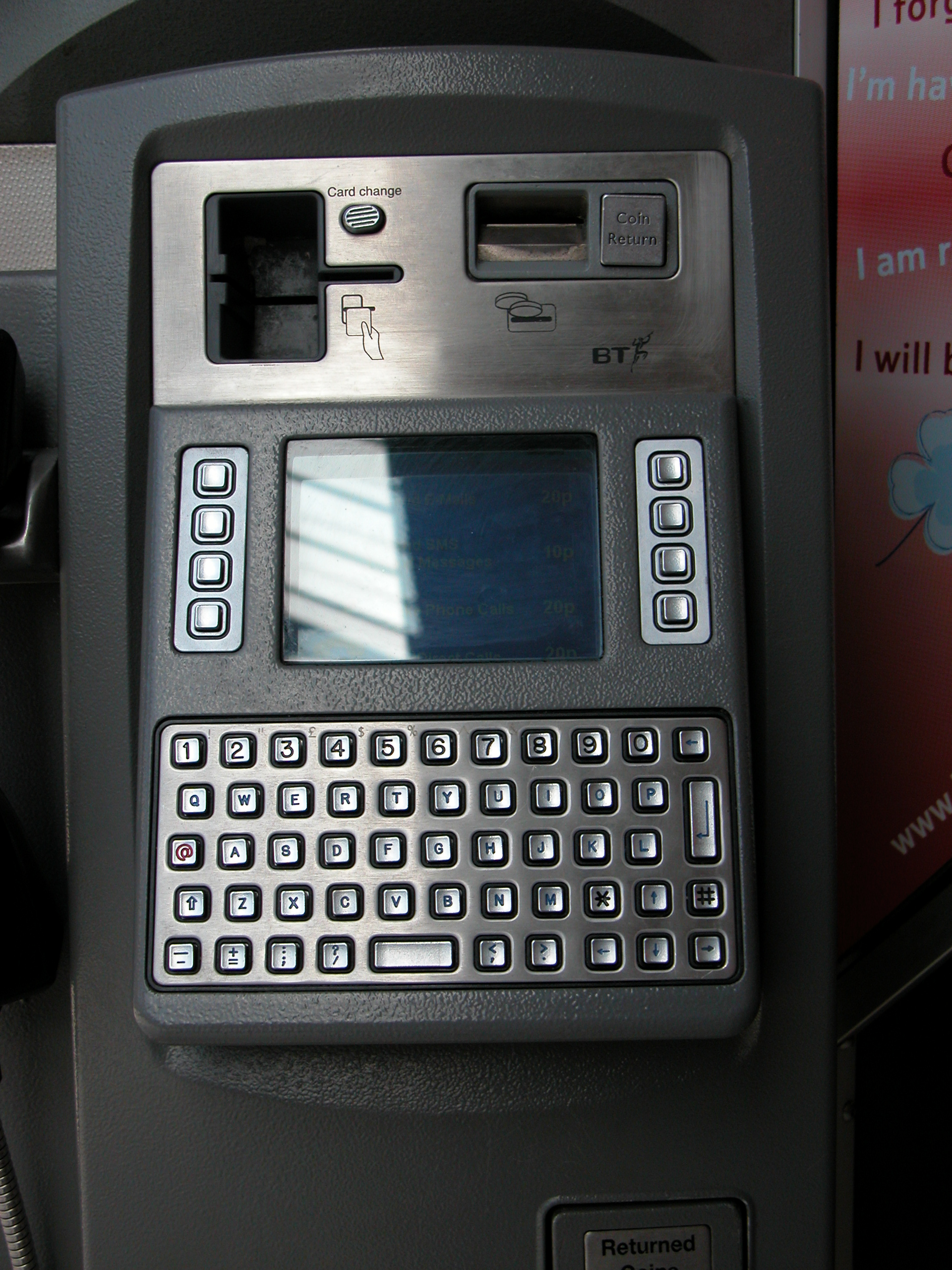Check Raise: This is also known as trapping. The check raise works by acting weak in hopes of hiding your strength. With any luck, this will encourage a bluff or
slot aztec gacor hari ini at least a misinformed bet from your opponent to get him to put his chips to the pot.
poker betting strategy Firstly, have confidence in yourself. If you've been playing poker for a while, you're probably naturally aware of players who continue to limp into pots and then just call any raises. It smells of slow play, which usually means that you're being led into a trap by an opponent who is trying to get the most out of his monster hand. In normal poker games, you'd be advised to check and possibly fold if your opponent put in a big raise... but not when you're playing against fish.

Another great little betting tactics is using correctly betting the pot. What I mean by this is, you do not want to
underbet the pot and you do not want to overbet the pot.
I contacted Arnold Snyder and chatted with him about how his strategy could be adapted for online play, especially in the lower range. He thought it was a great thing to pursue and I mentioned some tournaments that I frequently play. We decided to give Arnold some time to play in these tournaments and test his theories. Our plan was to compare research and present that in some articles to help promote his book even more and offer some tips on my websites.
Stephen Krex would usually only play the premium hands for the first 3 levels, however, you should play any pair for the price of one big blind. Your goal here is to flop a set and win a big pot. By now you should have a good idea about how your opponents are playing. If the majority are playing LAG, you want to continue playing TAG.
After 3 to 4 blind levels, watch out for the loose players trying to take down the pot. You've been playing very tight, so you have the image as someone who plays only premium hands. Now it's time to start betting the marginal hands as people are starting to tighten up as the paid positions close in. If you have a premium hand, and someone else is betting before you, either make a big raise or move all in, you don't want to be in the
position where you have to make a call. If you make the big raise you'll intimidate the other players at the table, giving you creditability at the poker table.
If you hit the Flop, your bet may be smaller in nature in order to get your opponent to call and build a pot. If you missed the Flop, your bet should be much higher because your intent is to get him to fold. Too often I will see novice players make the opposite bet. They will miss the flop and then bet $50 into a $300 pot. That is asking for a call and you are building a pot that you may not be able to take down. You need to realize this before you make the bet.